I used to be a workaholic.
When I did this interview for Quicksprout on a “day in the life” a few years ago, I noticed something interesting.
I hardly slept.
I mean, look at this schedule:
- 6:45 am – Wake up. Check emails (before I’m out of bed)
- 7:00 am – Workout.
- 8:00 am – Get ready.
- 8:30 am – Eat breakfast.
- 9:00 am – Answer more emails.
- 10:00 am – Talk to potential clients. A lot of talking.
- 12:00 pm – Eat lunch.
- 1:00 pm – Answer even more emails.
- 2:00 pm – Do miscellaneous work.
- 3:00 pm – Talk to more clients. Even more talking.
- 5:00 pm – Happy hour with clients. Or check more emails.
- 6:00 pm – Emails.
- 7:00 pm – Eat dinner.
- 8:00 pm – Another round of emails.
- 9:00 pm – Try to relax.
- 11:00 pm – Answer emails.
If I was lucky, I would fall asleep before midnight, only to wake up to do the whole circus again.
I was like your average American who was constantly running a sleep deficit.
At the time, I even admitted it, “I work seven days a week, and I haven’t taken a holiday in over ten years.”
What the heck was I thinking?
Oh yeah. I actually thought this schedule made me more productive. That if I didn’t respond to a million emails a day, I would lose clients.
I guess what I’m here today to tell you is this…
It’s all a load of nonsense.
I’m going to tell you why this is a failing strategy.
And then I’ll show you how I’ve been able to fix this approach to sleep more than nine hours a night while running several multi-million dollar companies.
Exhaustion isn’t synonymous with hustle
I used to treat sleep like the world’s largest aggravation.
It was simply a waste of time between doing things to grow my business and spending time with my family.
I wanted the hustle. I wanted to know I was productive.
As Henry Wadsworth Longfellow once said:
“The heights by great men reached and kept were not attained by sudden flight, but they, while their companions slept, were toiling upward in the night.”
I felt that. I mean, most people don’t sleep that much, anyway.
If I never went to bed, I could be more successful, right? That made perfect sense to me.
So I stopped sleeping a lot.
And for a while, I was seeing the fruits of my labor. Sort of.
My business was growing. Clients knew I would respond to them. They would respond back. Everything was going according to plan.
But then the exhaustion set in.
I knew something was wrong when I started forgetting important things.
I couldn’t make decisions the way I used to. People would ask me simple questions, and I couldn’t answer.
I responded to roughly 400 emails every day, and it was taking me nearly four hours.
That’s nearly 12 times the average email user.
Mentally, I was sort of losing it.
That’s when I knew I had to make a change.
So I did something radical.
I started sleeping!
How sleep changed my whole outlook on work
You may be wondering, “Neil, it’s not as if your workload got lighter. How did you squeeze in more hours of sleep with the same amount of work?”
It’s all about mental capacity.
The more rested your brain is, the more it can do for you during those hours you are awake at work.
I can personally testify to this. So can some of the top-performing athletes in the world.
Look at how much Lebron sleeps in this infographic from Michael Hyatt:
Aside from Tiger Woods, everyone else gets at least eight or more hours every night.
And have you seen Tiger’s golf game recently? Maybe he should hit the snooze button a few extra times.
I know what you’re thinking.
But Neil, they’re athletes. I don’t need that much sleep.
Yeah, you do.
When I was sleeping only five or six hours a night, it would take me ten hours to get my work done.
So it came as a bit of a shock when I realized that more sleep meant being more productive.
After getting eight or nine hours of sleep, I could finish the same projects in five hours.
I could respond to 400 emails in 2.5 hours.
Generating ideas and helping my team used to take me almost 3 hours. Now it takes me 1 hour.
I explain it to people like an investment.
If you put in more money, you get back more money. Or you should.
There is a time when you should use Facebook Ads and a time when you should use Google AdWords.
https://www.youtube.com/watch?v=d8_m8-Gmuf8
Both are excellent choices. However, both excel at different times for different reasons.
You track your ROI with advertising, right?
You look at how much you’re spending on each type of campaign. And then you work backward to see if your investment in each channel is worth it.
If you invest $100 in Google AdWords, for example, a $200 return on your investment might make it worth it.
Your sleep is an investment, too.
Spend 9 hours on sleep, and you’ll get it back in real productivity.
As soon as I made it a point to sleep 9 hours or more every night, my life noticeably improved.
That’s when I started looking into why sleep was such a big deal.
As it turns out, it’s way more important than I thought.
The true power of sleep for productivity
Science has a lot of good things to say about sleep.
In one BBC study on the impact of sleep, researchers found that it is integral to memory:
Deep sleep sounds restful, but during it, our brains are actually working hard. One of the main things the brain is doing is moving memories from short-term storage into long-term storage, allowing us more short-term memory space for the next day. If you don’t get adequate deep sleep, then these memories will be lost.
The study also found that sleep was essential for how the body regulates stress and promotes overall health.
During REM sleep (the deepest sleep), a stress-related chemical, noradrenalin, is switched off.
This helps our brains process the events of the day in peace.
Without sleep, our memories aren’t stored the way they should be.
Our noradrenalin remains high.
Something else interesting the study found was that the benefits of sleep decreased when the participants cut back by just one hour.
One hour!
Participants that got 6.5 hours found it harder to complete tasks than those who got 7.5 hours.
There are other side effects of sleep deprivation, too.
Over time, sleep deprivation results in:
- Declining cognitive performance
- Poor memory consolidation
- Impaired attention and decision-making
- Slow reaction time
- Reduced immunity
- Shortened lifespan
Look at that last one: shortened lifespan!
Did you know an estimated 100,000 deaths occur each year because of medical errors related to sleep deprivation?
Each year, drowsy driving accounts for 1,550 fatalities and 40,000 non-fatal injuries in the US.
Not getting sleep can literally kill you.
Is answering that next email worth it?
A few years ago I might have said yes. But not now. Not anymore.
How to get enough sleep to be productive
I should probably clarify one thing.
It took me a long time to get into the habit of not sleeping.
It also took time to get into the habit of sleeping.
You might find yourself in the same boat. There might be plenty of reasons you’re not sleeping.
Maybe you really are that busy. Maybe you have insomnia.
Maybe you’re just a workaholic who doesn’t know how to say no (been there, done that).
So how do you sleep nine or more hours a night?
Here’s what I found to be the most helpful.
1. Change your mindset about sleep
Look, life is busy. I know.
I still check 400+ emails every day. The work doesn’t go anywhere.
If you have a family, small children, multiple businesses, sleep conditions, physical or mental health struggles, or all of the above, it may feel impossible to prioritize sleep.
But you really have to prioritize it.
What helped me the most was a mindset shift.
Instead of treating sleep as a problem to be solved, I treated it like an opportunity.
I found ways to work it into my life.
Here’s an infographic that demonstrates some of these tips:
You have to train yourself to fall asleep.
For example, start avoiding computer screens and other backlit devices about an hour before bed. Read fiction to take your mind off work.
If and when things do flood your mind, write them down to tackle tomorrow. Letting them linger will only keep you up.
You should create as many rituals as possible to get started.
Try to go to bed and wake up at around the same times each day. That might even include brushing your teeth at the same time.
This was a change for me. It meant that I couldn’t check emails so much before I went to bed.
Partly because I was trying to go to bed earlier, but also because I found out that using technology before bed hurts your sleep.
I do what needs to be done before going to sleep, of course, but then I turn off the screens.
Once you get good at winding yourself down, you’ll notice that it gets a lot easier.
Now, I can fall asleep almost anywhere at anytime. Even in noisy places.
2. Track your work and sleep patterns
You will only really know if you’re getting enough sleep if you take the time to measure.
I’m not saying that you have to track every waking or snoozing hour.
I’m just saying you should maybe jot down how long things are taking you right now and compare them after a month of regular sleep.
For example, I use RescueTime religiously.
The point is to see where each hour of my work time goes.
Once you know where you spend your time, you can measure it against your sleep patterns.
If it takes you two or three hours to check emails each day on five hours of sleep, but only one hour if you’ve slept for eight, that’s a good sign you’re improving!
You also want to measure those less-tangible metrics.
How are your stress levels? How are your relationships?
How do you feel about your quality of work?
How do you feel about your business as a whole? About yourself?
Apps like iMoodJournal can help you track moods throughout the day and week.
This will give you a better sense of how your mood is improving over time.
You can also cross-reference it with your sleep schedule to see how the two are intertwined.
Pay attention to how sleep makes you feel, and carve out enough of it for yourself to make a noticeable difference.
3. Now 80/20 your time to spot the biggest areas of leverage
Sleeping more makes you more productive. And tracking time helps you pinpoint exactly where you’re the most productive.
Doing more of what you’re good at will make you more money. It really is that plain and simple.
If you’re good at what you do, more people will want what you offer.
However, at some point, you’ll start hitting limits. You can only work so many hours in a day.
The trick is to optimize what’s already working well. Or start offloading things that aren’t working so you can stay focused.
Let’s start with a few easy examples so you can understand this mindset shift.
Where is your most valuable time spent?
Currently, it’s probably in product creation or spending time with clients.
Those things are great! That means you shouldn’t ditch them just yet.
So what are your options?
You can start by optimizing the current performance.
For example, what if you could market an ecommerce store in just an hour a day?
Spending a few bucks each month on time-saving tools would be worth it if you unlocked a couple of extra hours each week.
That would be worth it, right? Even if you had to pay a little money upfront.
Jay Meistrich is the co-founder and CEO of productivity app Moo.do.
He built this startup while traveling to 20 different countries.
Despite that hectic schedule, he was still able to put in about 50 hours of work each week.
Not quite a four-hour workweek. But not the same 80-hour workweeks you hear about from other startup founders.
And here’s the most surprising part.
Jay was able to get more productive work done while traveling than while in one location.
The key is to focus on improving your approach.
That’s why it might be worth investing the time in a webinar. You might feel “too busy” right now.
For example, in one hour I can teach you how to get more website visitors than you can possibly handle.
If you even get one takeaway from that hour, it will be worth it. You’ll be able to get better results by tweaking your approach.
Then, the next step is to start looking at tactics that already scale.
For example, I love influencer marketing because other people will promote for me.
Sure, it might require an investment again. But it frees up tons of time for me to do what I’m good at.
Barbell Apparel is a relatively small company, for example. However, they partner with other athletes and influencers to do their word-of-mouth marketing for them.
Here’s a perfect example of one partnership with Hannah Rhodes:
Remarketing is another one of my favorite, scalable techniques.
Remarketing has been shown to increase conversion rates over time while also being among the lowest in ad costs.
Best of all, you can almost completely automate remarketing.
Again, it might take you a little effort to get remarketing campaigns up and running. You’ll need to learn how remarketing lists for search ads (RLSA) and Facebook’s custom audiences work.
But once you do, you can automate these campaigns.
Successful startups know how to scale.
You’re constantly looking for leverage points in a business to get the best bang for your buck.
That obviously applies to how you’re spending a budget.
However, it also applies to where you’re putting energy and attention.
Focus on the stuff that you’re best at. Get smarter about how you optimize other aspects of getting customers.
And you’ll be able to start nodding off for 8-9 hours at a time, too.
Conclusion
The demands on your life are never going to change.
You’re only going to have more to do as you get more successful.
But you can change to meet those demands.
If you want to improve productivity and stay at the top of your game, you don’t need more hours in the day.
You need better-quality hours.
This only comes with sleep. Science even backs me up on this one.
If you want to grow your business, go to bed.
Sleep can do a lot of wonderful things, but you’ll never really know until you wake up to it.
What results have you seen from increasing the number of hours you sleep?

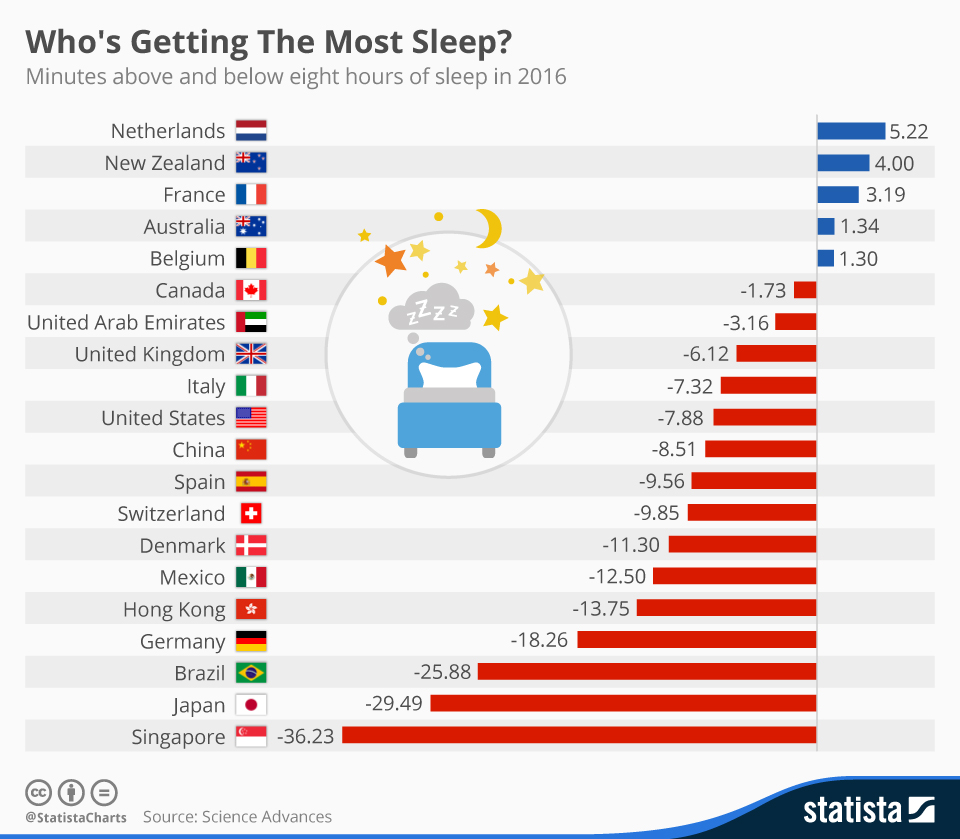

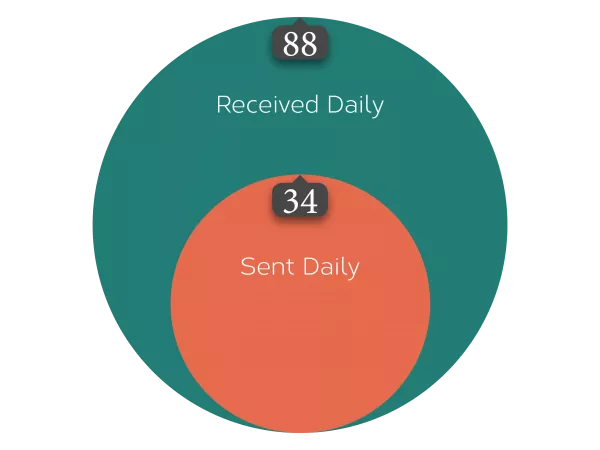
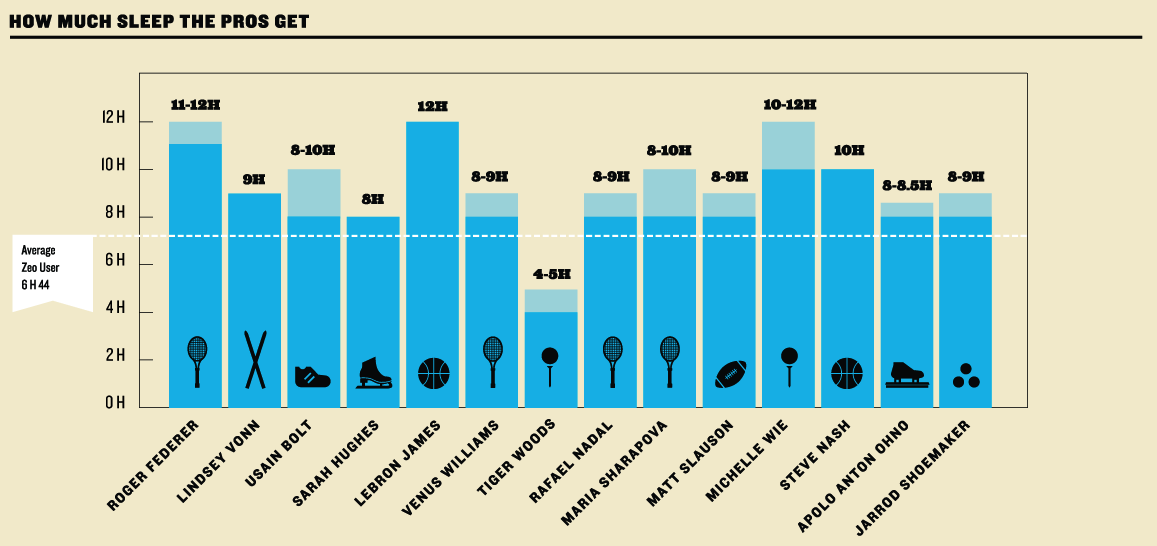
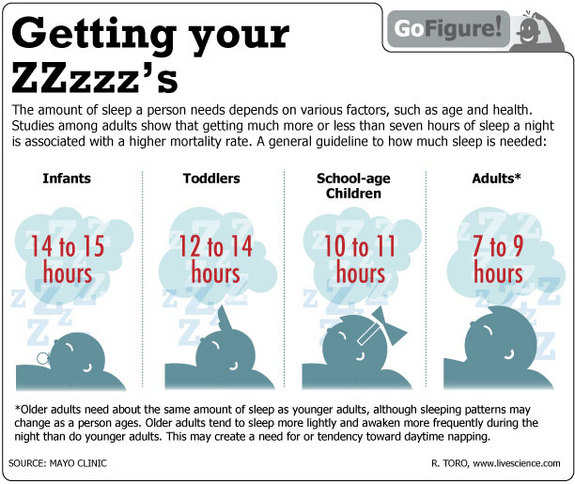
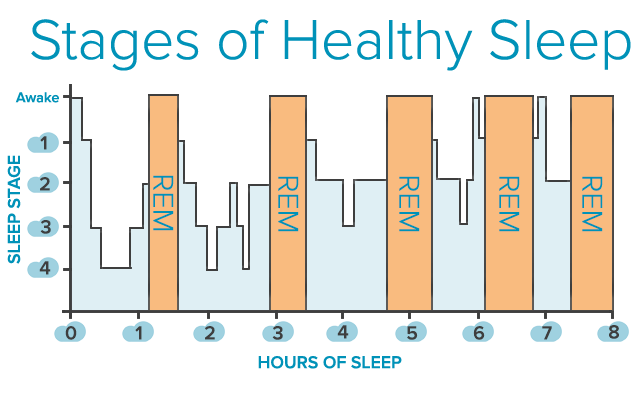
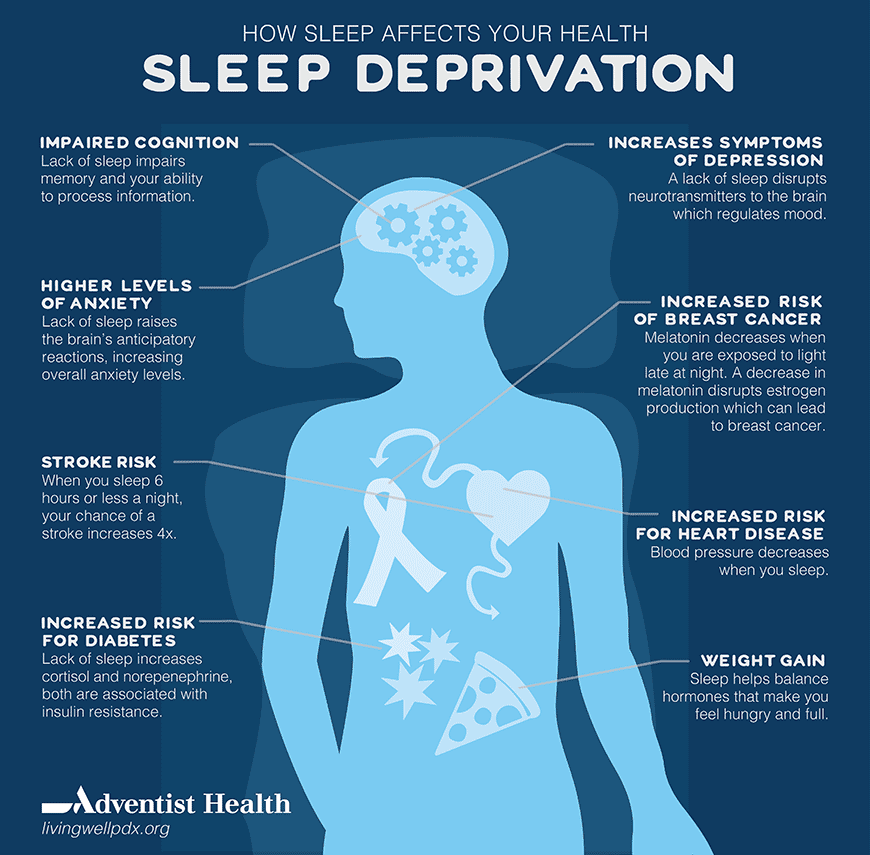

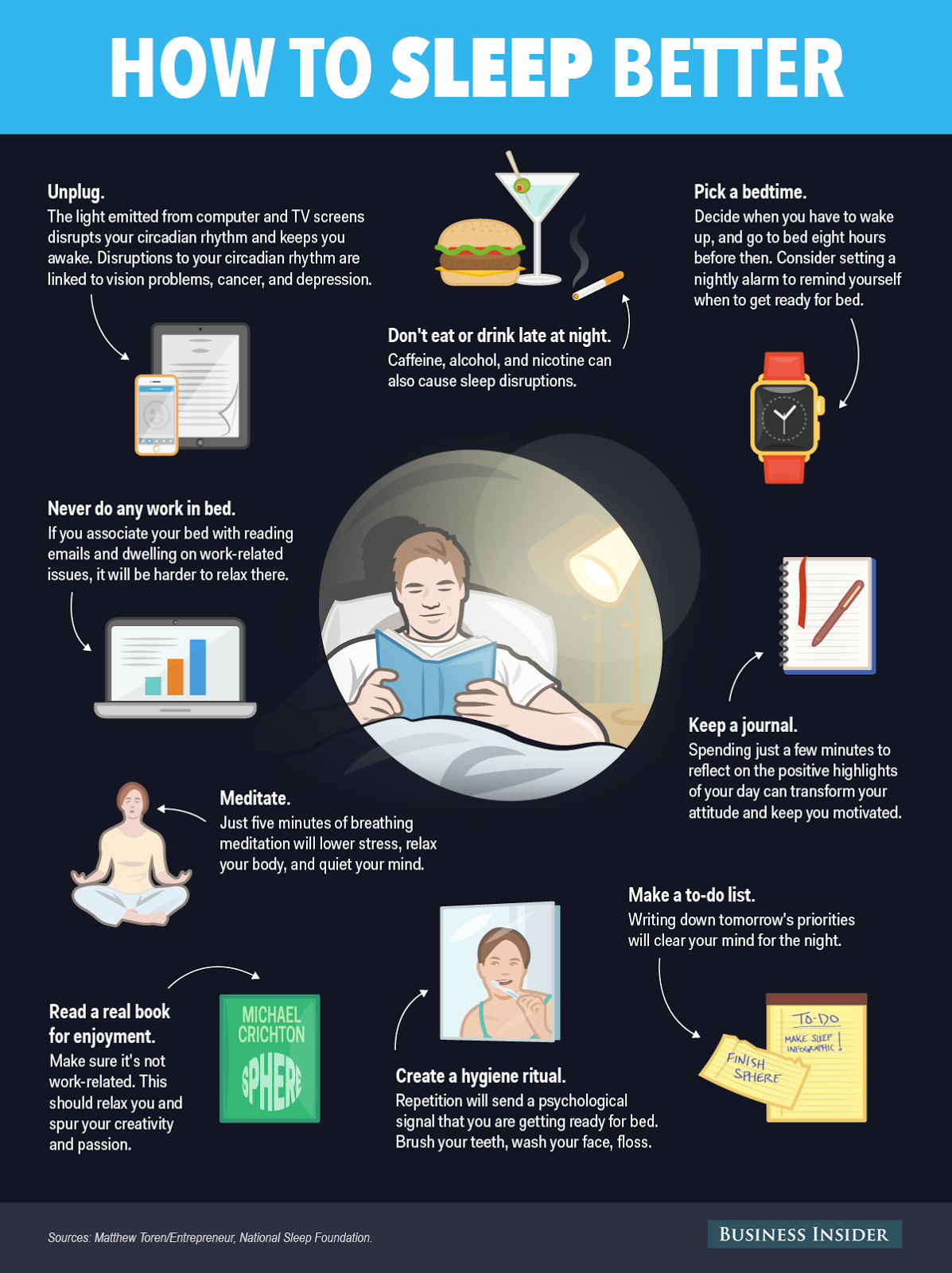
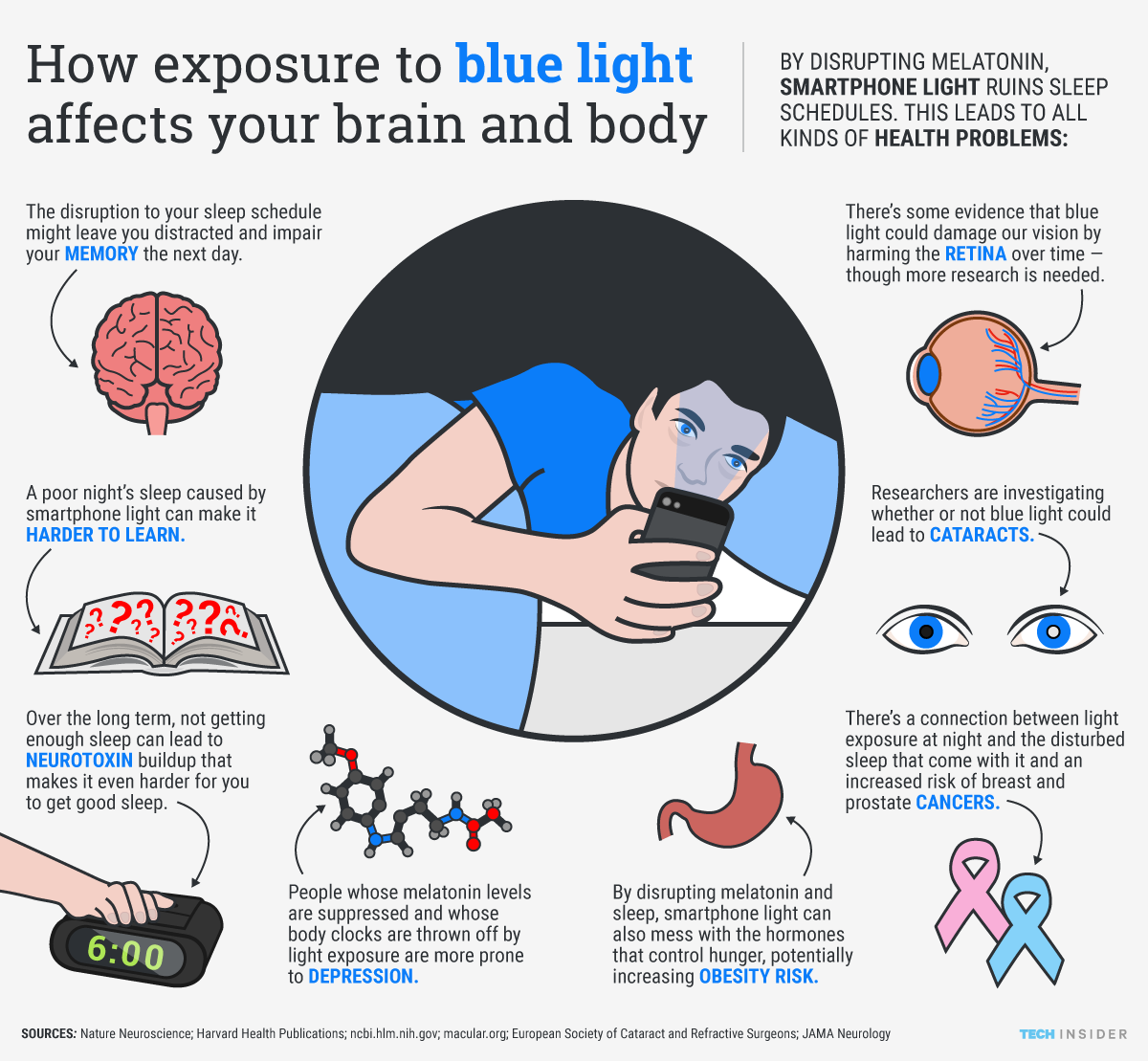
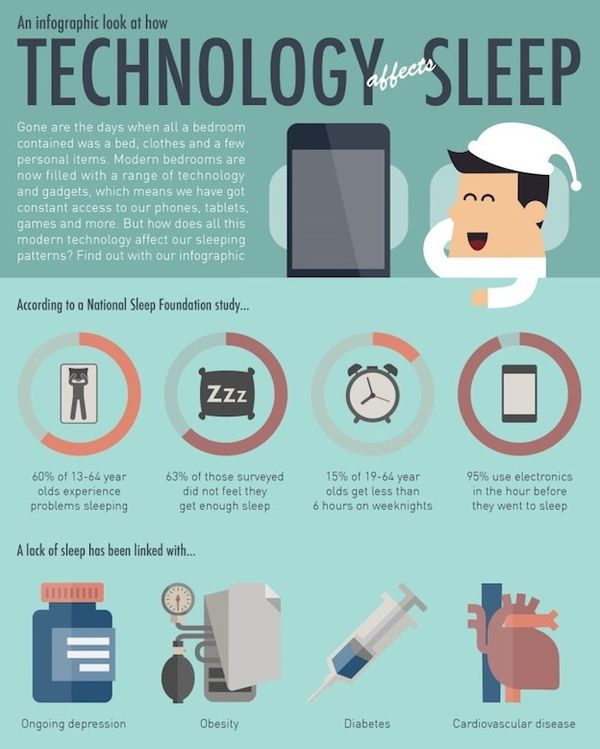
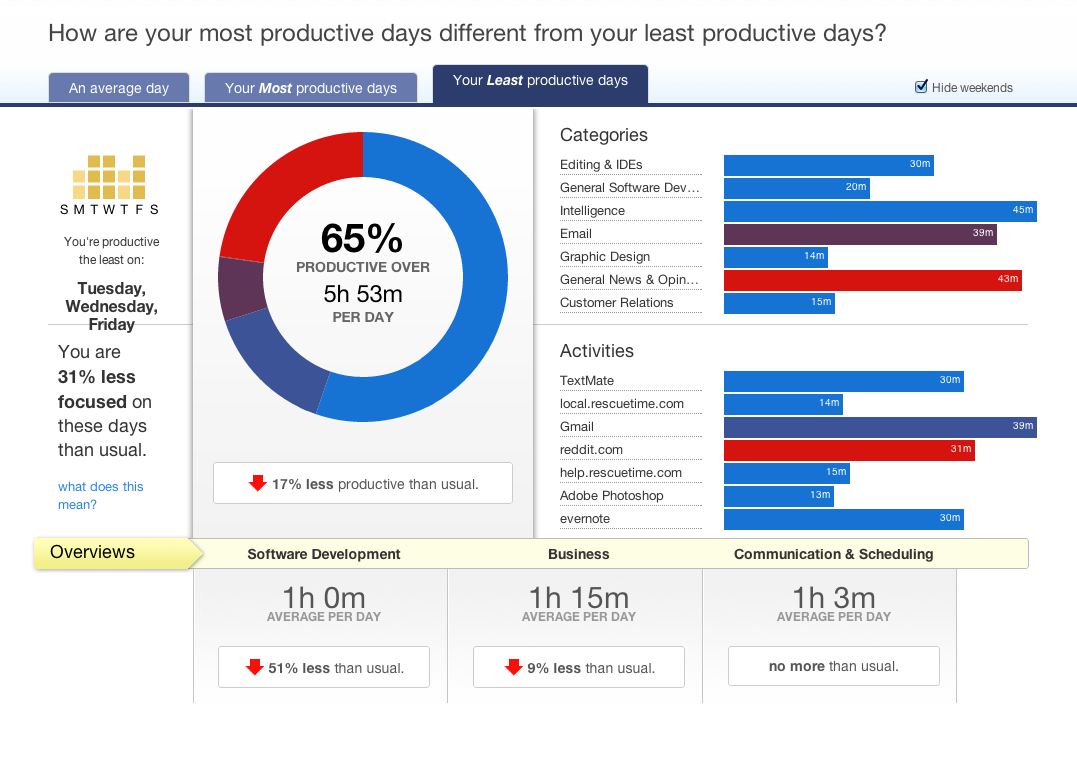

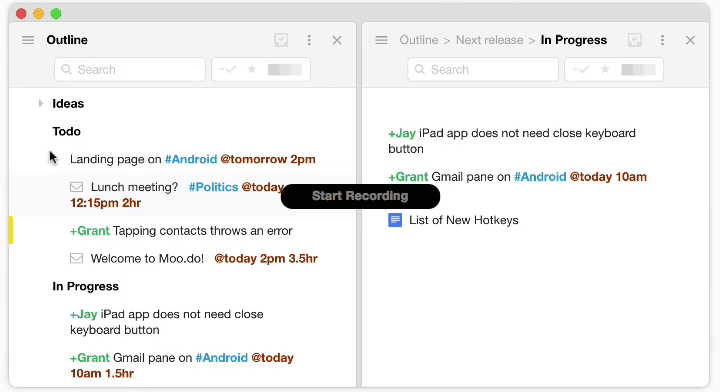
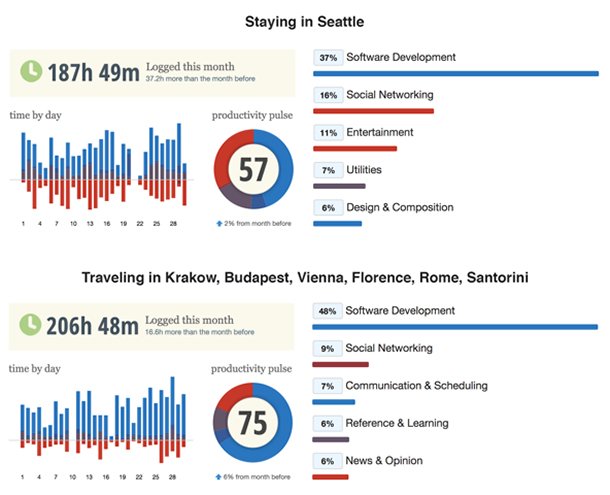

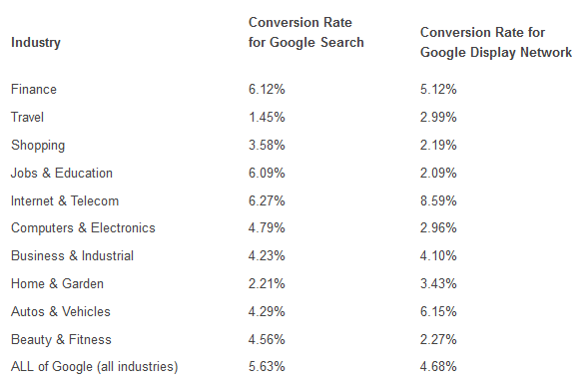
Comments (4)